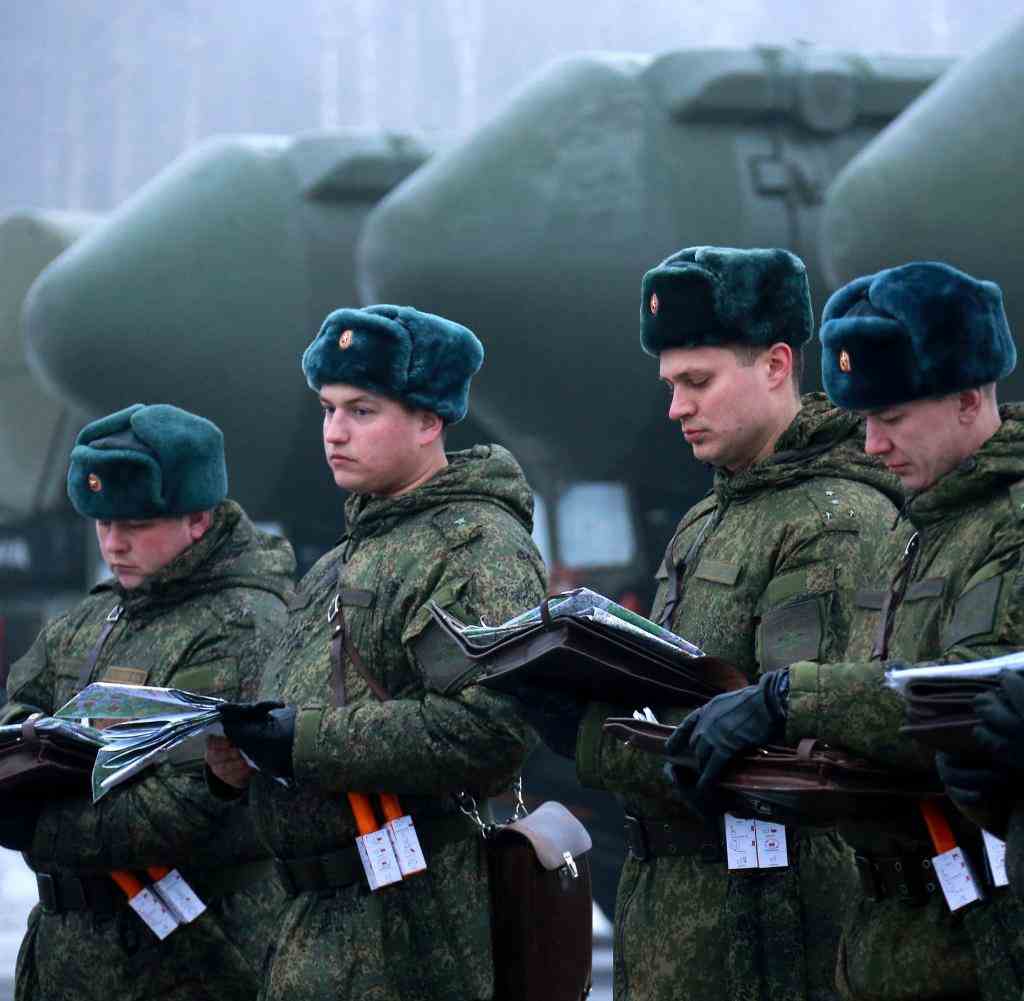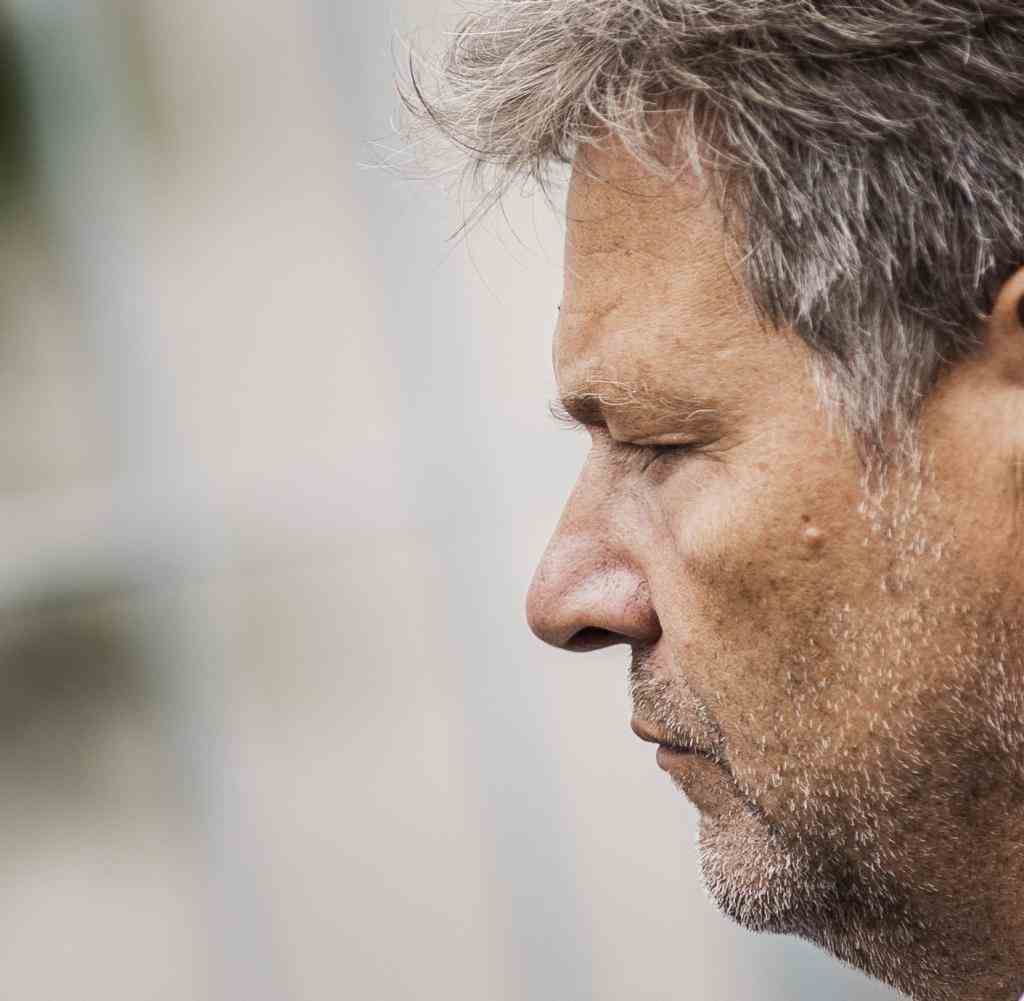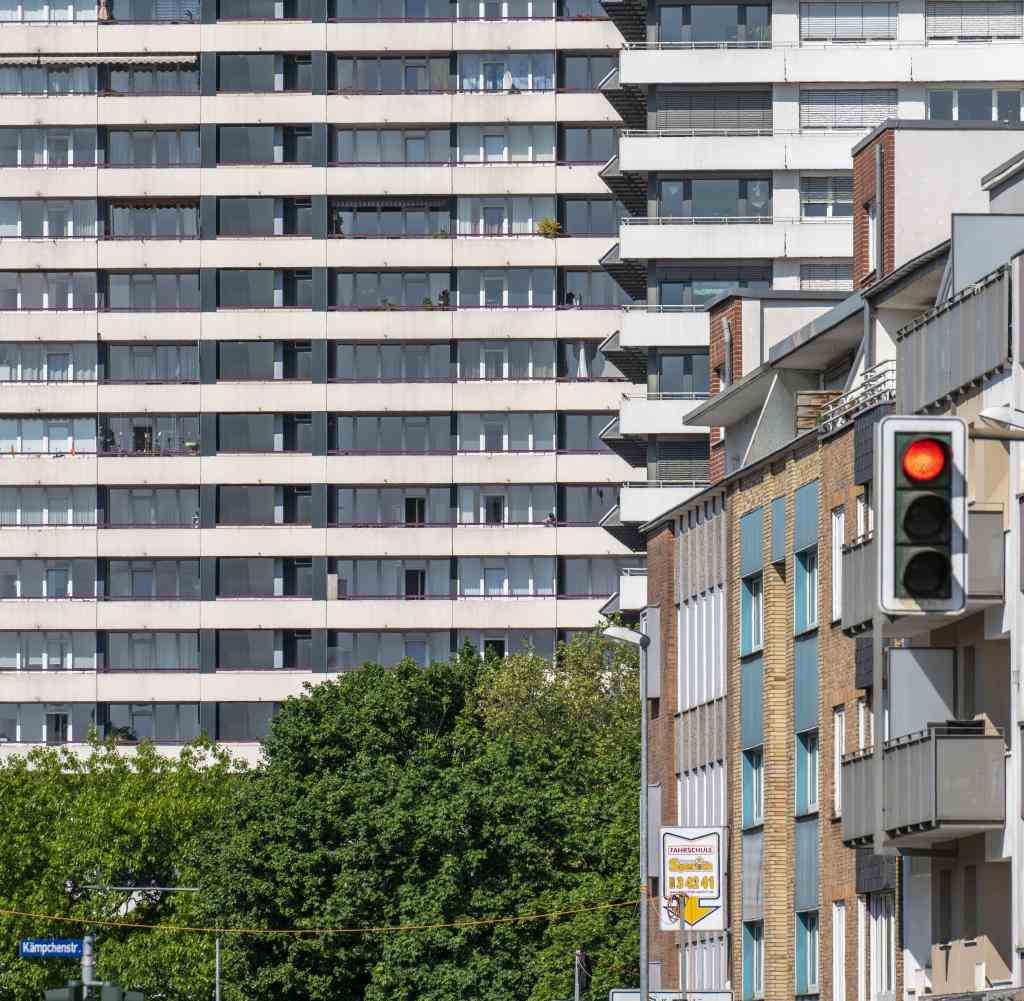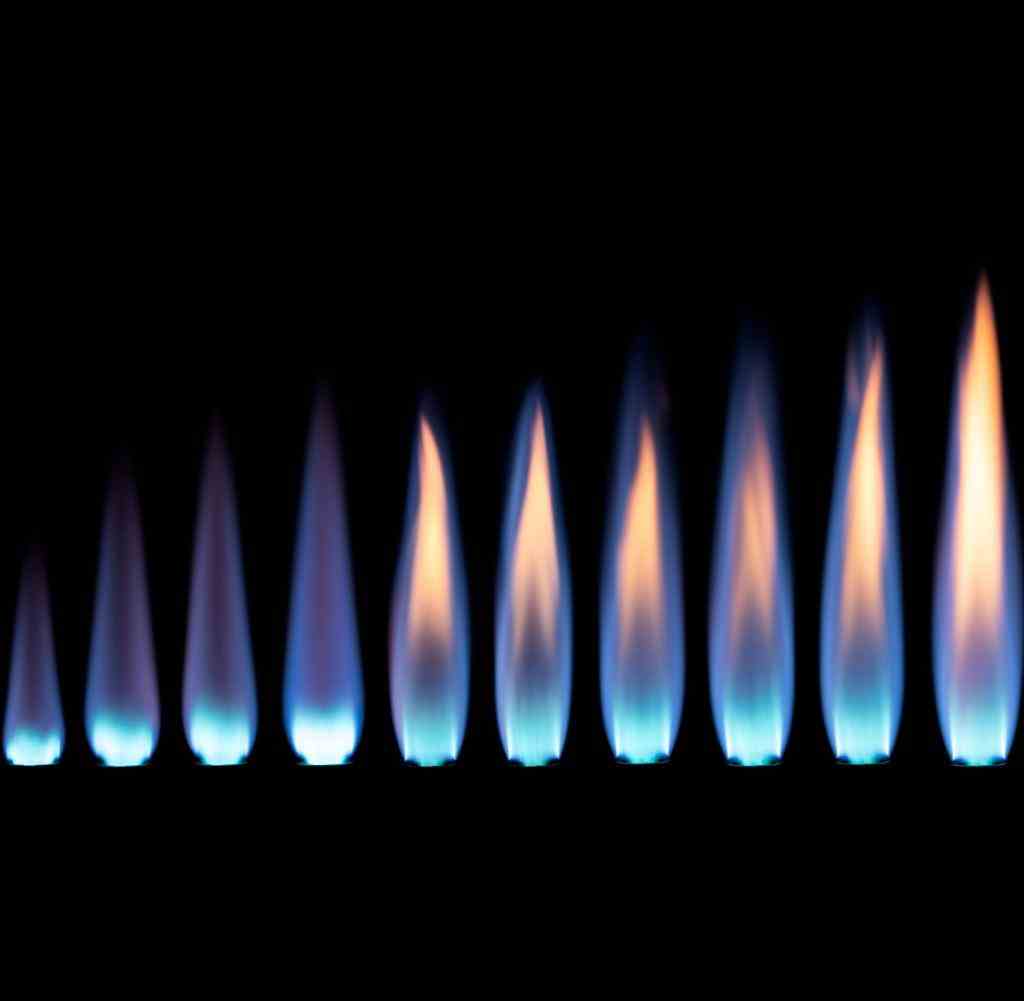DThe Union faction in the Bundestag basically welcomed the federal government’s plans for a gas price brake, but lacked clarity in the plans. It remains “completely open” how the gas and the long-planned electricity price brake should be designed, said parliamentary group leader Friedrich Merz (CDU) on Thursday in Berlin. With the announcement of a debt-financed, 200 billion euro defense shield in the energy crisis, there is now “a price tag without an instrument”.
CSU regional group leader Alexander Dobrindt also criticized the lack of details in the federal government’s plans. Contrary to what Chancellor Olaf Scholz (SPD) said, he sees “no double boom at all, but this decision leaves double question marks”. It was also “strange” that the opposition was only informed about the plans after the press conference with Scholz.
Merz expected a “rather long” legislative process before the federal government’s plans were implemented. The CDU leader said that the Union would not close itself off to cooperation, but would make its approval or rejection dependent on the specific draft legislation.
The federal government had previously overturned the controversial surcharge for all gas customers and agreed to introduce a gas price brake. Scholz described the measures as a “defensive shield”. This should have a volume of up to 200 billion euros. Financing is to be secured via the existing Economic and Stabilization Fund (WSF), through which the sum will in turn be taken out as a loan. Scholz presented the decision on Thursday together with Economics Minister Robert Habeck (Greens) and Finance Minister Christian Lindner (FDP).
The Chancellor emphasized that the price development on the energy market was the result of Russia’s actions, which used “its energy supplies as a weapon”. At the latest with the destruction of the Nord Stream 1 and 2 Baltic Sea pipelines, it was clear that no more gas could be delivered from Russia in the “foreseeable future”. “The prices have to go down,” Scholz said, referring to the rise in gas prices. With the gas price brake, prices for consumers, but also for companies, would fall. The plans put the government in a position to waive the planned gas surcharge, said Scholz. “It’s no longer needed.” Habeck added that the gas surcharge will now “go down in the annals of history”.
Scholz described the planned state support for the energy supply and the planned price brakes as “double boom”. In doing so, he recalled his statement on state aid in the Corona crisis when it came to getting out of the crisis with “boom”. “One can say that this is a double boom,” said Scholz. The point is to reduce energy prices quickly and quickly and clearly for everyone.
Scholz said of German support for Ukraine, which was attacked by Russia: “We will continue our solidarity.” But Germany could also manage the crisis in such a way that it remained manageable for the citizens.
Habeck: In the private sector, consumption must decrease
Economics Minister Habeck said it was about an “attack by Russia” and the “regime” of President Vladimir Putin “on our economy”. Here the federal government is now taking up resistance with the defensive shield.
He thanked Minister of Finance Lindner that the “large volume” of the “defense shield” could be provided. He defended the overturned gas surcharge as an “important instrument for security of supply” and that there are now other instruments. The Green politician once again called for energy saving, especially in the private sector, consumption is not going down as it should. “The need to save energy remains unabated.”
“We are in an energy war for prosperity and freedom,” emphasized Lindner. The current decision is a “crystal clear message” to Russian President Vladimir Putin, but also a message to the people in the country that Germany is economically strong. He explained that the federal government’s package is also a tool to curb inflation.
He justified the sum of up to 200 billion euros for the new fund as an appropriate response to Russia’s war of aggression combined with an energy war against Germany, says Lindner. Germany is showing its “economic clout” here, and German government bonds continue to be the “gold standard in the world”. Unlike Great Britain, Germany is not relying on an “expansive fiscal policy”, the regular federal budget for 2023 will continue to be planned with debt brake instruments. In this respect, he also expects that the CDU and CSU would agree to this approach in such a situation.
The crisis fund will only be able to use the money earmarked. It is not available for further claims from the federal states.
Habeck: The current program may run until April 2024
The economic and stabilization fund was set up during the corona pandemic to help companies. It had actually expired in the summer. The compromise that has now been found should make it possible to comply with the debt brake again in 2023. Lindner had stuck to that until the end.
According to Economics Minister Habeck, the program that has now been decided could run until the end of the winter after next, rather than March or April 2024. Lindner emphasizes that the better the measures that were decided on worked, the less money of the 200 billion euros provided will be needed in the end.
The coalition partners had come under increasing pressure in recent days due to the lack of Russian gas supplies to Germany in the course of the Russian war of aggression in Ukraine. A gas surcharge was originally intended to protect large gas suppliers from insolvency. Among other things, however, there were fears of enormous costs due to a levy that consumers would have to face. Due to the upcoming nationalization of the largest German gas importer Uniper, the surcharge had also come under criticism.
Söder sees “right signal”
Bavaria’s Prime Minister Markus Söder (CSU) sees the elimination of the gas surcharge and the introduction of a gas price brake as positive. “The basic signal is correct, it gives business and citizens the confidence that we can survive the winter,” he said.
He always called for a big hit, “this seems to be the case,” said the Bavarian Prime Minister. Finally, he could not evaluate the announcement of the traffic light government.
The fact is, however, that 200 billion euros more debt would have to be taken on for financing, said Söder. This must be honestly said to the citizens. Ultimately, it is now important that there is a major solution after the long period of urging.
Hesse’s Prime Minister Boris Rhein (CDU), on the other hand, complained about the communication from the federal government. It is a remarkable style to find out about the planned gas price brake “via the ticker”, he said. “We are a federal system and we treat each other differently.”
The AfD criticized the planned price brakes on electricity and gas. “The plans (…) fight fires with gasoline,” said co-party leader Alice Weidel, according to a statement. New debts would be piled up and shifted to shadow budgets. Weidel warned against further heating up inflation and instead called for lower energy taxes and a cancellation of the CO2 surcharge to lower energy prices.
Co-chairman Tino Chrupalla called the relief in energy prices “necessary and overdue”, but described the traffic light path as wrong. The energy supply must be expanded again in order to reduce the price pressure. “The federal government will not be able to avoid stopping the failed energy transition,” he said, and called for the nuclear and coal phase-out to be reversed, “and to look for ways to enable natural gas deliveries from Russia again.”
The states had previously met in Berlin on Wednesday and formulated joint demands on the federal government for the third relief package. The special conference of the prime ministers was originally intended to be the prelude to subsequent federal-state talks. Because of Chancellor Scholz’s corona infection, the joint round was postponed to next Tuesday.





